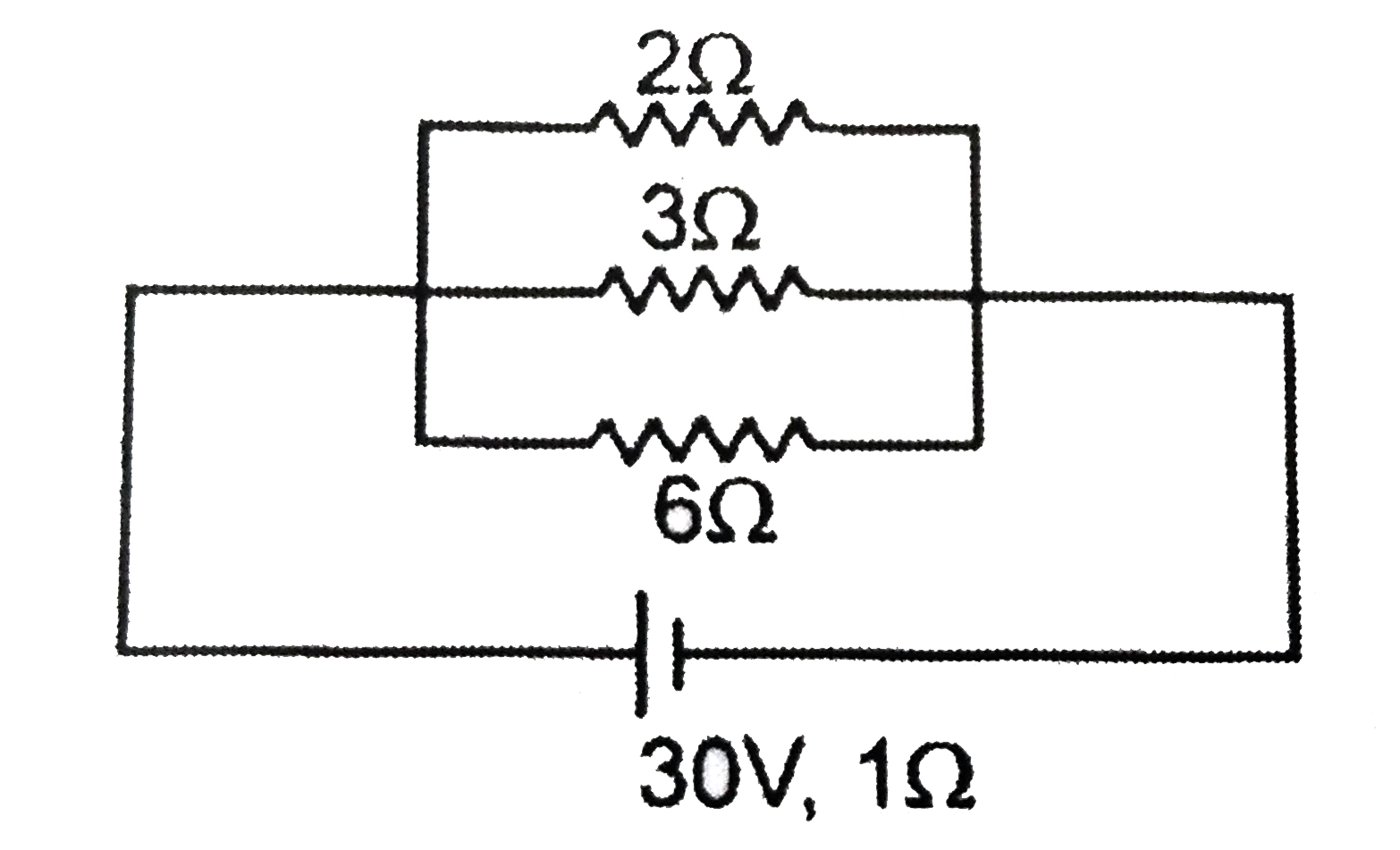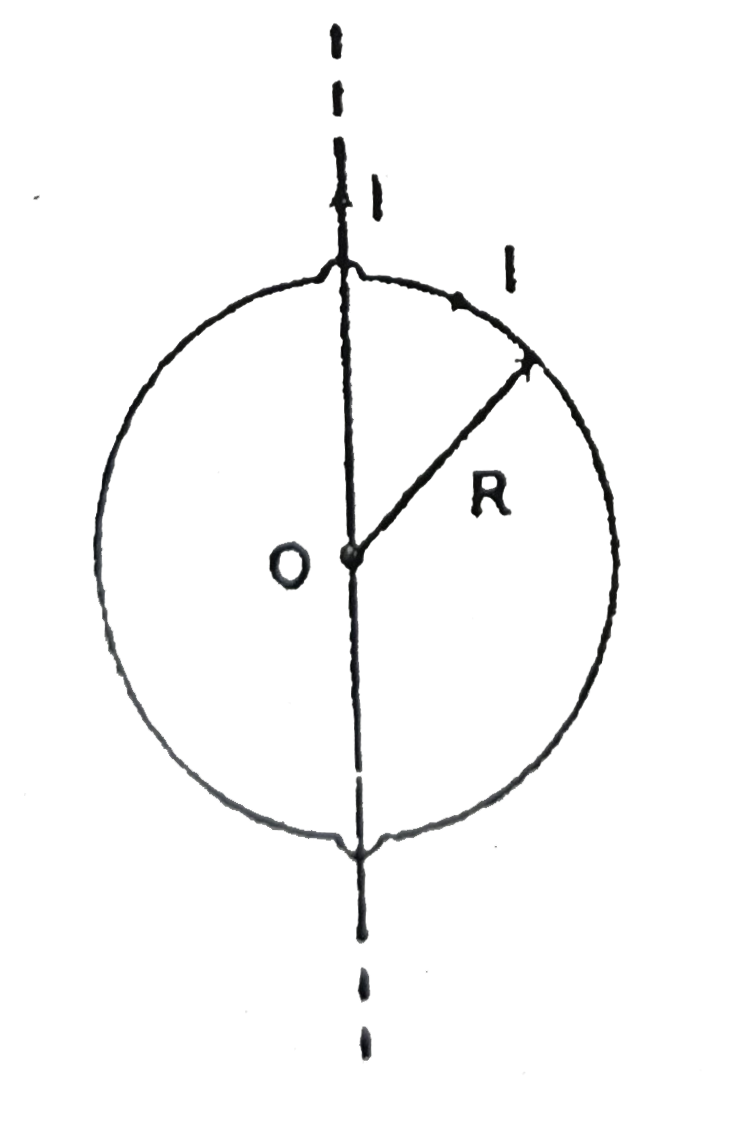Does a conductor become charged when a current is passed through it?
Step-by-Step Solution:
1. Understanding Current Flow: When a potential difference (voltage) is applied across a conductor, it creates an electric field within the conductor. This electric field exerts a force on the free electrons present in the conductor.
2. Movement of Electrons: The free electrons in the conductor move in response to this electric field. They flow from the region of lower potential (negative terminal of the battery) to the region of higher potential (positive terminal of the battery).
3. Charge Neutrality of the Conductor: Despite the movement of electrons, the total charge of the conductor remains unchanged. The battery does not add or remove any charge from the conductor; it only facilitates the movement of existing charges (electrons).
4. Conclusion: Since the conductor does not gain or lose any net charge during the process of current flow, it remains electrically neutral. Therefore, the answer to the question is that a conductor does not become charged when a current is passed through it.
Final Answer: No, a conductor does not become charged when a current is passed through it.
---
Topper's Solved these Questions
- ELECTRIC CURRENT IN CONDUCTORSBOOK - HC VERMA ENGLISHCHAPTER - ELECTRIC CURRENT IN CONDUCTORSEXERCISE - Exercises
84 Videos
- DISPERSION AND SPECTRABOOK - HC VERMA ENGLISHCHAPTER - DISPERSION AND SPECTRAEXERCISE - Question for short Answer
6 Videos
- ELECTRIC CURRENT THROUGH GASESBOOK - HC VERMA ENGLISHCHAPTER - ELECTRIC CURRENT THROUGH GASESEXERCISE - Short answer
6 Videos
Similar Questions
When no current is passed through a conductor,
View SolutionA : For a given conductor , electric current does not vary even if its cross sectional area varies .
R : A conductor remains unchanged when current flows through it .
View SolutionA tangent galvanometer shows no deflection when a current is passed through it. But when the current is reversed, it gives a delfection of 180°, then the plane of the coil should have been oriented:.
View Solution(A) : Free electrons always keep on moving in a conductor even then no magnetic force act on them in magnetic field unless a current is passed through it.
(R) : The average velocity of free electron in a conductor is zero in the absence of the electric field in it.
View SolutionWhen a charged comb is brought near a small piece of paper, it attracts the piece. Does the paper, it attracts the piece. Does the paper become charged when the conb is brought near it ?
View SolutionFind current which is passing through battery.

View Solutionn electrons flow through a cross section of a conductor in time t. If charge on an electron is e, then write an expression for the current in the conductor.
View SolutionAn automatic electrical switch that breaks the circuit when excess current passes through it
View SolutionA circular conducting loop of radius R carries a current I. Another straight infinite conductor carrying current I passes through the diameter of this loop as shown in the figure. The magnitude of force exerted by the straight conductor on the loop is

View SolutionIf the potential difference across the ends of a conductor is doubled, the current flowing through it gets
View Solution
